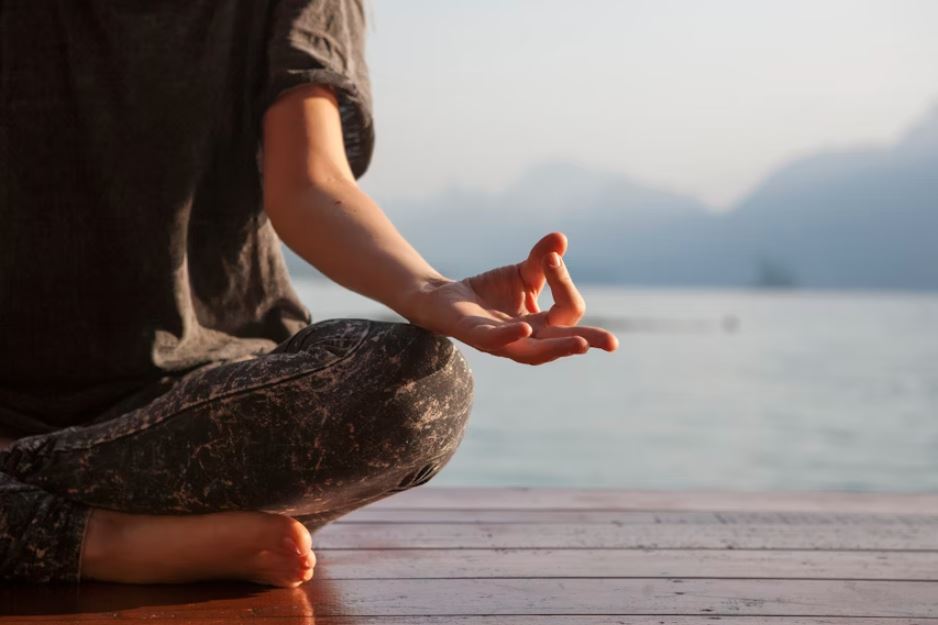Meditation can be practiced anytime, anywhere. But one of the most common questions beginners ask is: When is the best time to meditate—morning or evening?
The truth is, both times have unique benefits. Choosing between them depends on your lifestyle, energy levels, and personal goals. In this article, we’ll explore the advantages of morning meditation versus evening meditation to help you decide which suits you best.
The Benefits of Morning Meditation
1. A Peaceful Start to the Day
Morning meditation sets the tone for your day. Instead of rushing straight into work, emails, or chores, you give yourself a moment of calm. This helps you approach challenges with a clear, focused mind.
2. Boosts Energy and Alertness
Just like exercise wakes up the body, meditation awakens the mind. Focusing on your breath or using energizing techniques can leave you feeling refreshed and ready to take on the day.
3. Builds Consistency
Mornings are less likely to be interrupted by unexpected events. By meditating early, you’re more likely to stick to a routine.
4. Reduces Morning Stress
Many people wake up already feeling pressure from their to-do lists. A short meditation helps ease anxiety before the day begins.
The Benefits of Evening Meditation
1. A Relaxing End to the Day
Evening meditation allows you to release built-up stress and tension from work, school, or daily responsibilities. It’s like pressing a reset button before sleep.
2. Improves Sleep Quality
Practices such as body scan meditation or guided relaxation prepare the mind and body for rest. They help reduce overthinking, which is one of the main causes of insomnia.
3. Encourages Reflection
Meditating in the evening gives you space to reflect on your day with mindfulness. You can process emotions, let go of negative experiences, and feel gratitude for positive moments.
4. Helps Unwind from Digital Overload
After hours of screen time and stimulation, meditation helps quiet the nervous system and creates a smoother transition into rest.
Factors to Consider When Choosing
-
Your Energy Levels
- If you feel fresh and alert in the morning, meditation can enhance that clarity.
- If you struggle with stress at night, evening meditation may help you relax better.
-
Your Schedule
- Busy mornings may make it harder to find time for practice.
- Evenings may bring fatigue, making it tempting to skip meditation.
-
Your Goals
- Meditate in the morning if your goal is to increase focus, motivation, and productivity.
- Meditate in the evening if your goal is to improve sleep, reduce stress, and find emotional balance.
Can You Do Both?
Absolutely. Many people find that combining short morning and evening sessions gives them the best of both worlds: energy to start the day and relaxation before bed. Even 5–10 minutes at each end of the day can create powerful results.
Tips for Success
- Be realistic: Choose a time that you can consistently commit to.
- Start small: Even a few minutes is beneficial.
- Create a ritual: Meditate after brushing your teeth in the morning or before going to bed at night.
- Listen to your body: If you’re too tired at night, keep your session gentle and short.
There’s no single “best” time for meditation—it depends on your needs and lifestyle. Morning meditation helps you start the day with focus and calm, while evening meditation helps you release stress and prepare for restful sleep.
The most important thing is not when you meditate, but that you meditate regularly. Experiment with both times and notice how your body and mind respond. Over time, you’ll discover the rhythm that works best for you.

